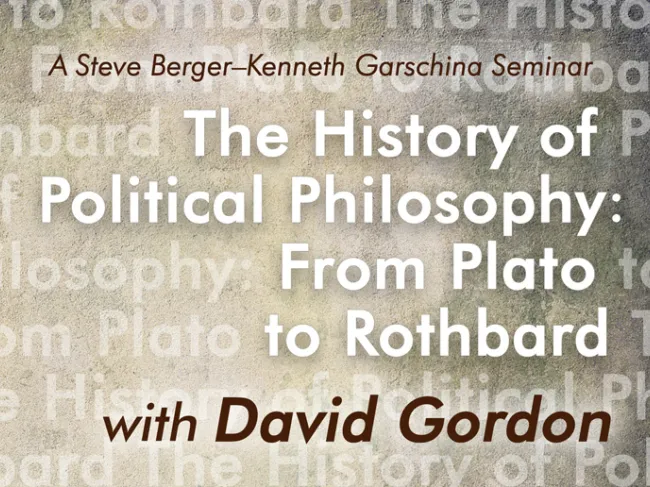1. Plato

Intellectual historians want to look at the past to find questions of value. Greeks are considered the start of political philosophy. Plato, 428-348 BCE, is the most famous. Plato’s teacher, Socrates, was killed by Athenian democracy. Plato did not like democracy.
Among these questions of value were: What is justice? What promotes the greatest happiness? Why is it in your interest to be moral? Does objective truth lead to an authoritarian system?
Plato’s most famous dialogue is The Republic. He had a view of the ideal state or government. Plato, through the words of Socrates, saw appetite/spirit/reason to be analogous to the castes of society. The appetite part of the soul corresponded to Productive workers. The spirit part of the soul corresponded to Protective warriors or guardians. The reason part of the soul corresponded to the few Governing rulers or philosopher kings.
Socrates was able to see two worlds: the apparent world which constantly changes, and the unchanging and unseen world of forms, which may be the cause of what is apparent. Plato’s just city is composed of mainly people who are unjust. Gordon thinks this is a fallacy in Plato’s Republic. Plato’s ideal city was not desirable at all.
Lecture 1 of 10 from David Gordon’s The History of Politcal Philosophy: From Plato to Rothbard.

